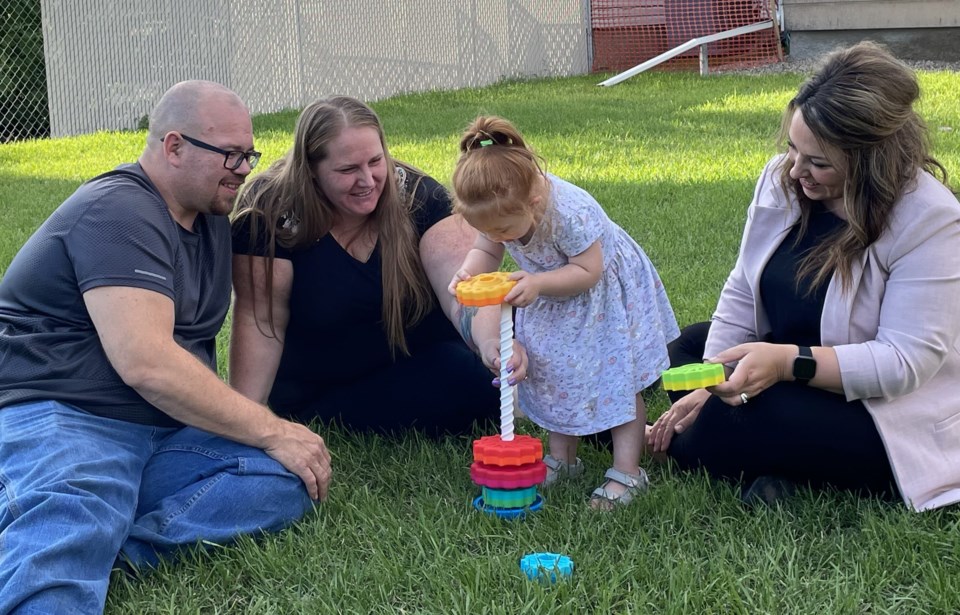This year marks 40 years for the Parkland Early Childhood Intervention Program, and this week is Early Childhood Intervention Progam week in Saskatchewan.
Michelle Yaschuck, the executive director for the Parkland Early Childhood Intervention Program, said that without the community's help, they wouldn't have made it to 40 years.
"We've been provided 40 years of quality intervention services to children zero to six years of age with developmental delays," she said. "The program is one of 14 aligned programs in the province that focuses on early childhood intervention and development and provided services to families in Yorkton, and 150 kilometres around Yorkton including three First Nation communities."
Yaschuck explains more about what it is they do.
"Children who are involved in our program are delayed in reaching age-appropriate developmental milestones, such as walking, talking, eating, maneuvering, playing, or interacting socially," she stated. "(We) help children reach their fullest potential by providing programming that is challenging but achievable for them. The program believes in supporting the whole child, which includes their caregivers. Our early childhood interventionists they work collaboratively with parents, relatives, childcare providers, teachers, or anyone else with a vesting interest in the child's success."
Kim Jorgensen knows firsthand what the program can do, as her daughter has been in the program.
"Back in 2018, when we were pregnant with Tatjana, we had no idea she would be born with down syndrome. It wasn't the diagnosis that we wanted to hear, but I wouldn't change it for the world."
Jorgensen said that Tatjana had learned a lot since joining the program, and there is a huge difference from where they started to where they are now. An example is she wasn't expected to walk until she was 36 months, but she started walking at 19 months.
"When we first found out about the diagnosis, we didn't know where to begin," she said. "When we were sent home from the hospital, and after we got comfortable, we met with Michelle, and then we met with our worker, which is Olivia, and ever since then we've been with Olivia, we see her once a month. She has helped us with walking; we are working on talking. We just have that extra support person that we need in our life."
To celebrate the week, Yaschuck added that they would be providing gift packages to many of their partners.



